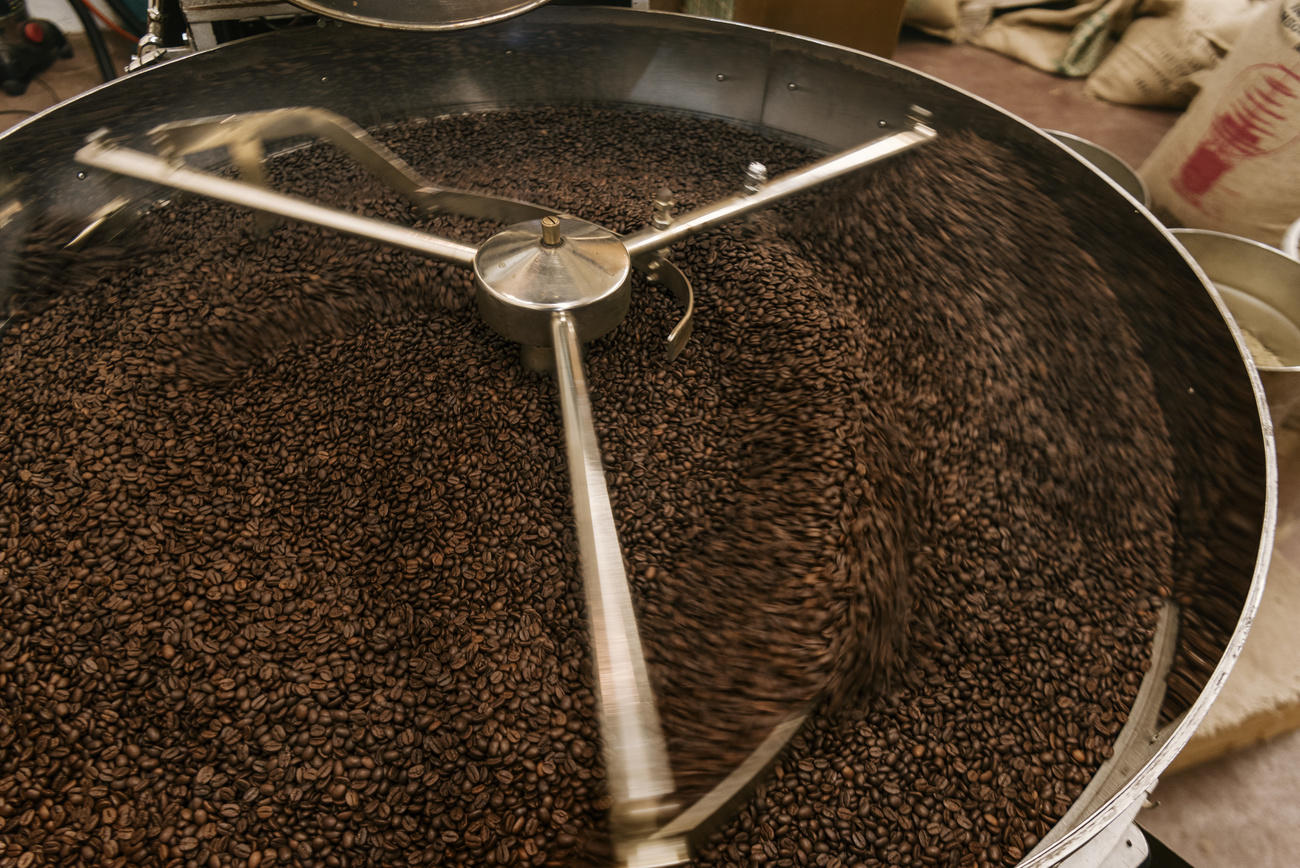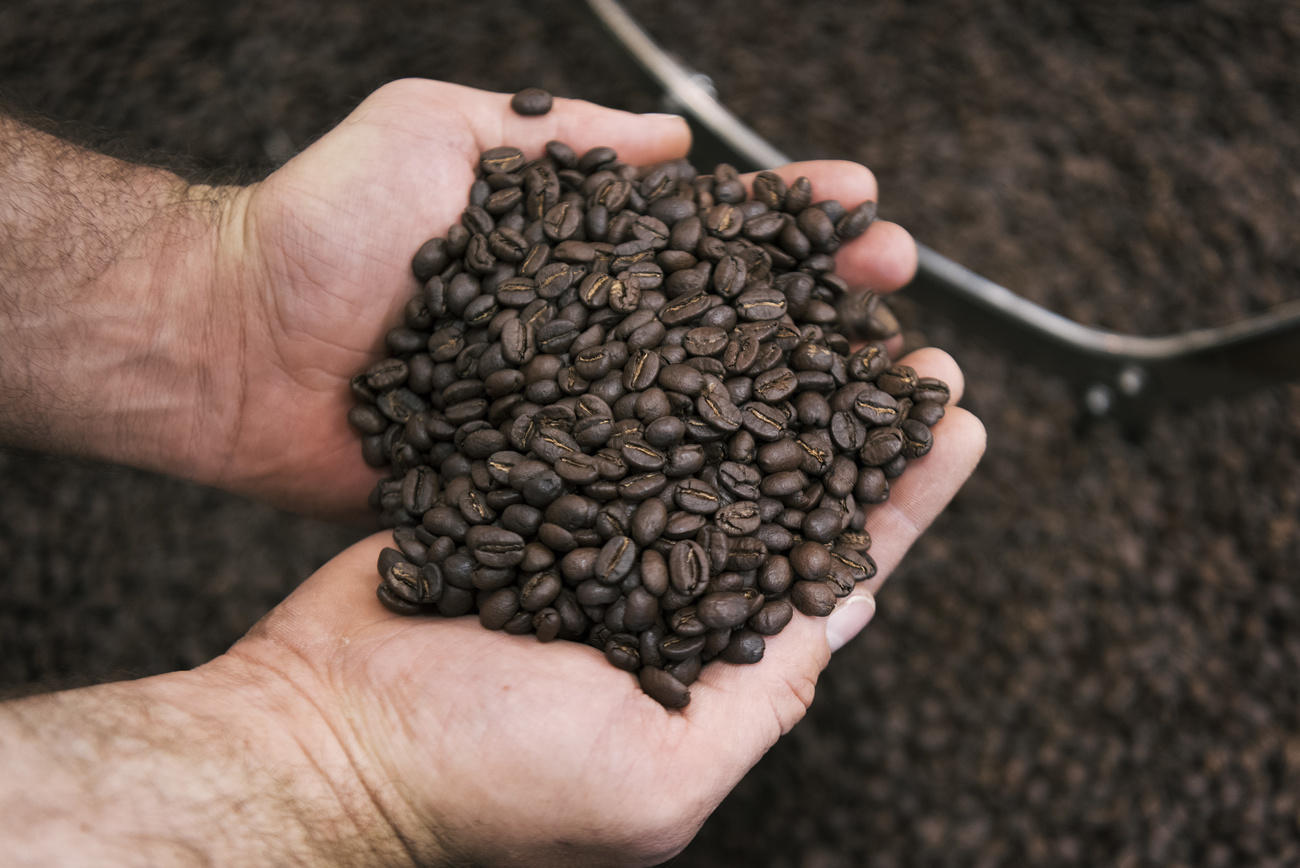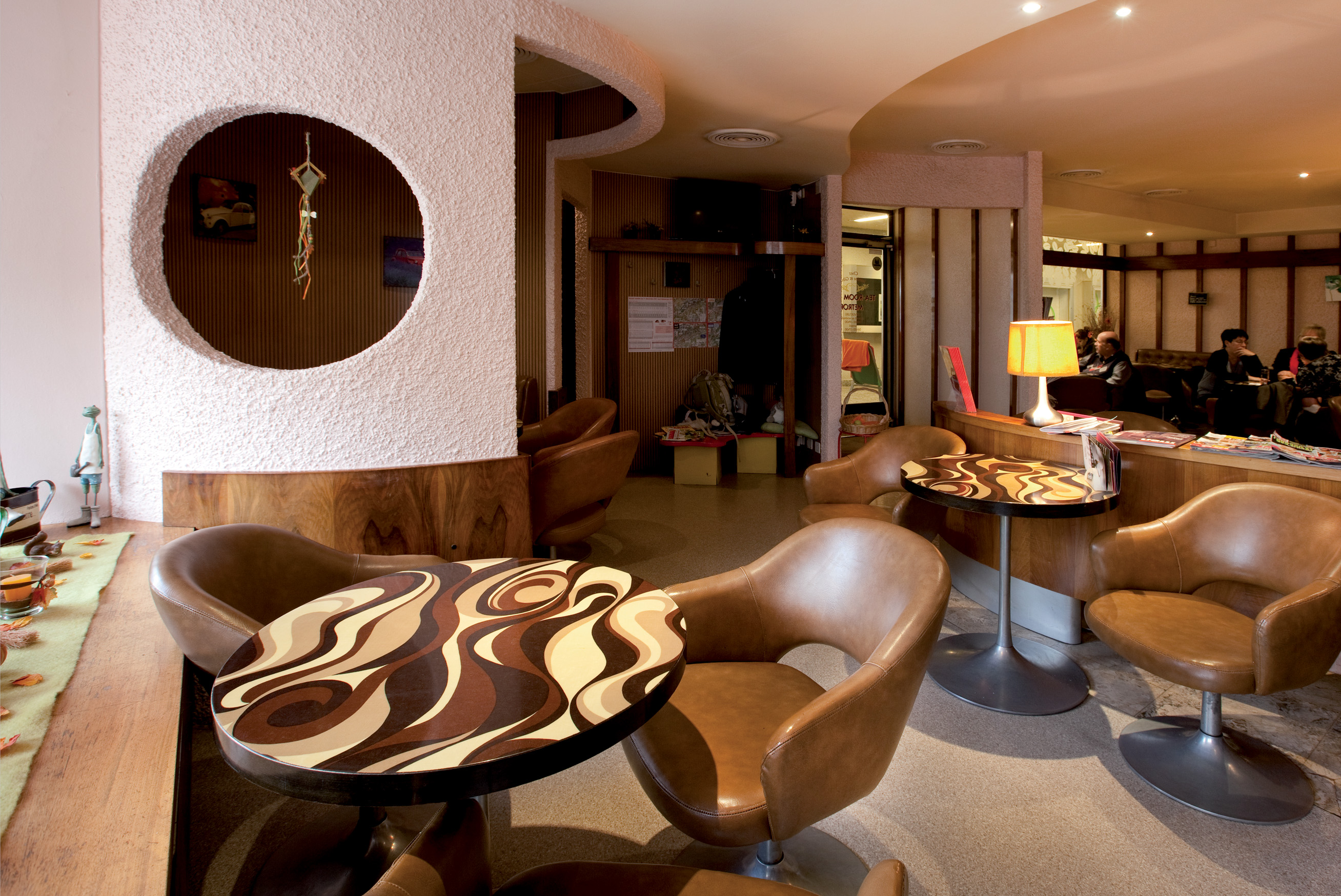Why are the Swiss debating stockpiles of coffee?

The Swiss government has delayed a decision to scrap the nation’s 15,000-tonne strategic coffee bean reserve after the proposal prompted public and industry jitters. Here’s what you need to know about the issue and why it's been brewing for months.
Self-reliance is an integral part of Swiss history and economic policy, and the country stocks food, medicines and oil in large quantities to cope with possible shortages.
The three-month coffee reserve aims to insulate the land-locked nation from supply disruptions, historically driven by concerns about global conflict although now facing the more immediate threat of global warming and low water levels on the River Rhine shipping route.

More
Why Switzerland stockpiles for possible emergencies
The government got coffee lovers buzzing in April when it said it would no longer stockpile coffee after concluding the low-calorie beverage was not vital for life and so did not need to be stashed in case of crisis.
On Monday the government said it was reconsidering the idea.
Emphatically not! The announcement sparked a (tongue-in-cheek) viral reaction in a nation where a cup of strong, black coffee is considered by many as an essential start to the day.
“Blasphemy,” steamed one Twitter user. “Truly, the fall of the West proceeds faster than I’d ever anticipated,” wrote another. A third with “robusta” views reckoned it was a “casus belli”, a provocation to war.
But it was probably less the social media storm and more the result of resistance from IG Kaffee, the group representing the Swiss coffee industry, that made officials in the Bern have second thoughts and push its decision – originally planned for November – back to at least January.
All 15 firms that operate the stockpiles, including Nestlé and supermarket chain Migros, favour keeping the coffee reserve, says reservesuisseExternal link, the organisation that helps manage the nation’s strategic food and grain reserves and which wants to preserve the coffee stockpile.
The role of the coffee industry is important as the responsibility of maintaining reserves rests largely with the private sector, not with the authorities. For example, an importer of coffee will be required by law to store some of it for emergency use. This avoids the need to build up large reserves in one place.
In return, Switzerland finances the storage costs of companies through a reserve fund managed by reservesuisse. The cost of managing these minimum reserves is CHF14 ($14) per inhabitant per year.
The government recommends that each household have enough food and drink for a week in the event of a disaster. Coffee isn’t mentioned specifically. In any case, a third of the Swiss population does not have sufficient emergency provisions, according to a survey carried out by the government last year.

More
Coffee in Zurich is the most expensive in the world

In compliance with the JTI standards
More: SWI swissinfo.ch certified by the Journalism Trust Initiative















You can find an overview of ongoing debates with our journalists here . Please join us!
If you want to start a conversation about a topic raised in this article or want to report factual errors, email us at english@swissinfo.ch.